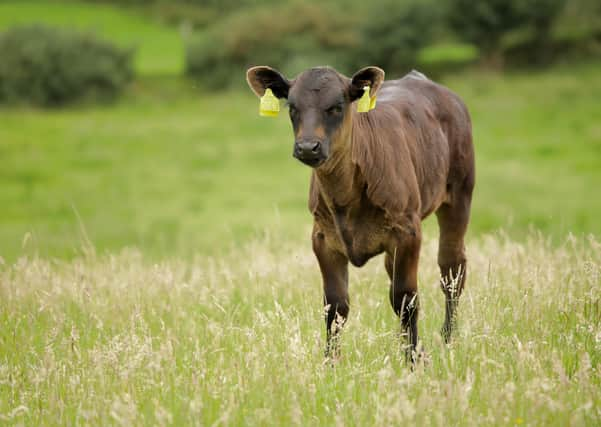UFU remains focused on eradicating BVD in local herds


The Ulster Farmers’ Union (UFU) animal health and welfare committee has been engaging with industry and, following meetings with Minister Poots, welcomed the news that the Department of Agriculture, Environment and Rural Affairs (DAERA) would take enforcement action on the movement of animals which had not been tested for BVD.
This has had a profound effect on the reduction of BVD Untested (BVDU) animals on farm with recent Animal Health and Welfare NI (AHWNI) figures reporting a reduction of these animals on farm by more than 20 percent at 1 September 2021 compared to the same point last year. It is critical that all animals are tested for BVD in a timely fashion after birth in order to protect the health status of the herd. Any movement of an untested animal either from one farm to another, or direct to slaughter, will now attract the full attention of DAERA’s enforcement team.
Advertisement
Advertisement
The UFU animal health and welfare committee continues to lobby DAERA on a regular basis to bring further legislative enhancements with regard to those animals which have tested positive for BVD. Despite a slaughter ban initiative which has been taken by NI meat plants, meaning there is no market outlet for a PI, some herds continue to retain PI animals on farm! To retain a PI is in breach of quality assurance scheme standards, and to do so would have serious implications regarding a farmer’s ability to market any of their produce. Any farmer who retains a PI after being confirmed is seriously threatening the health of their own herds and neighbouring herds in subsequent years.
Animals that are persistently infected with BVD should be strictly isolated whilst any confirmatory testing takes place in order to avoid transient infection to other bovines, and then culled as soon as possible after confirmation. No other option exists for these animals – they will not recover from the disease and will spread infection to other bovines in their contact whilst they remain alive. Beyond this, the committee have been requesting full herd restrictions to be applied to any herd which retains a PI animal. This would limit the risk of disease spread by preventing any trading from within these herds.
AHWNI statistics released earlier this month stated that there are more than 60 herds retaining PIs in NI beyond 35 days of age. Whilst there are some geographical trends, these herds are distributed throughout every county. As farmers, none of us currently know exactly where these PI retaining herds are located. As such, every farmer must assume that any one of their neighbours pose a high risk to their own herd and should remain focussed on high levels of biosecurity. The UFU animal health and welfare committee continue to highlight the need for neighbour notifications to be issued to the contact herds of any farmer who retains a PI.
Any farmer who is unsure of the procedure surrounding BVD positive animals, and the need to remove them should discuss this with their own veterinary practice. The AHWNI and UFU can also provide guidance to farmers, ensuring the correct course of action is taken which ultimately benefits the farmer and the industry in the long term.